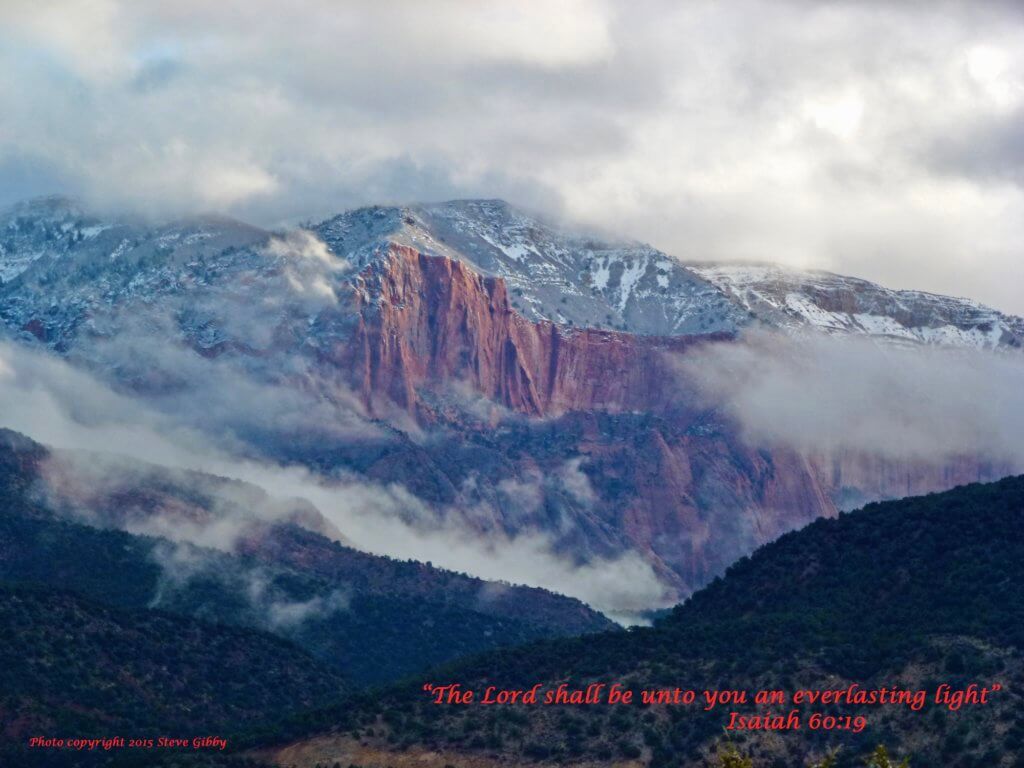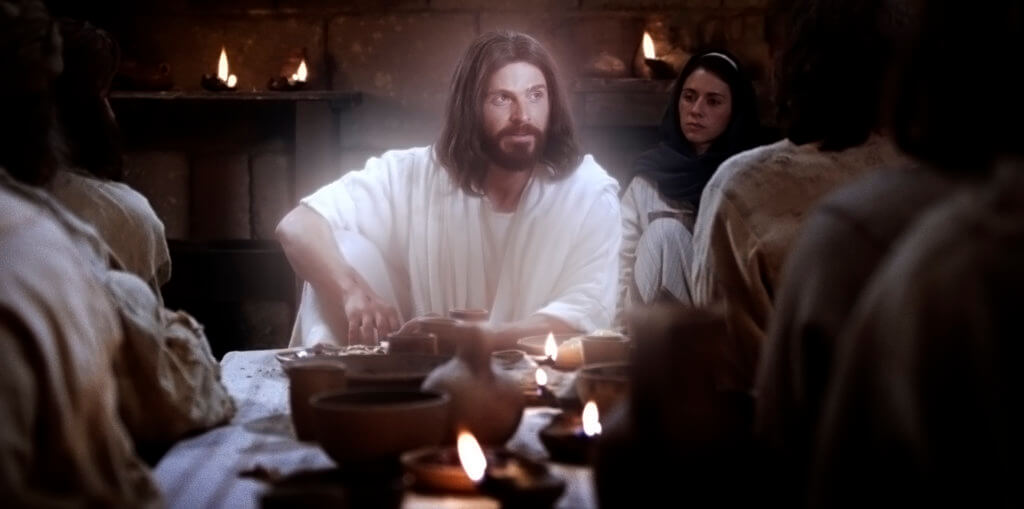Idols of Prosperity
“Their land is full of silver and gold and there is no end to their wealth; their land is full of horses and there is no end to their chariots. Their land is full of idols: they adore the works of their hands, things their own fingers have made” (Isaiah 2:7–8). “All who manufacture idols […]
Idols of Prosperity Read More »













